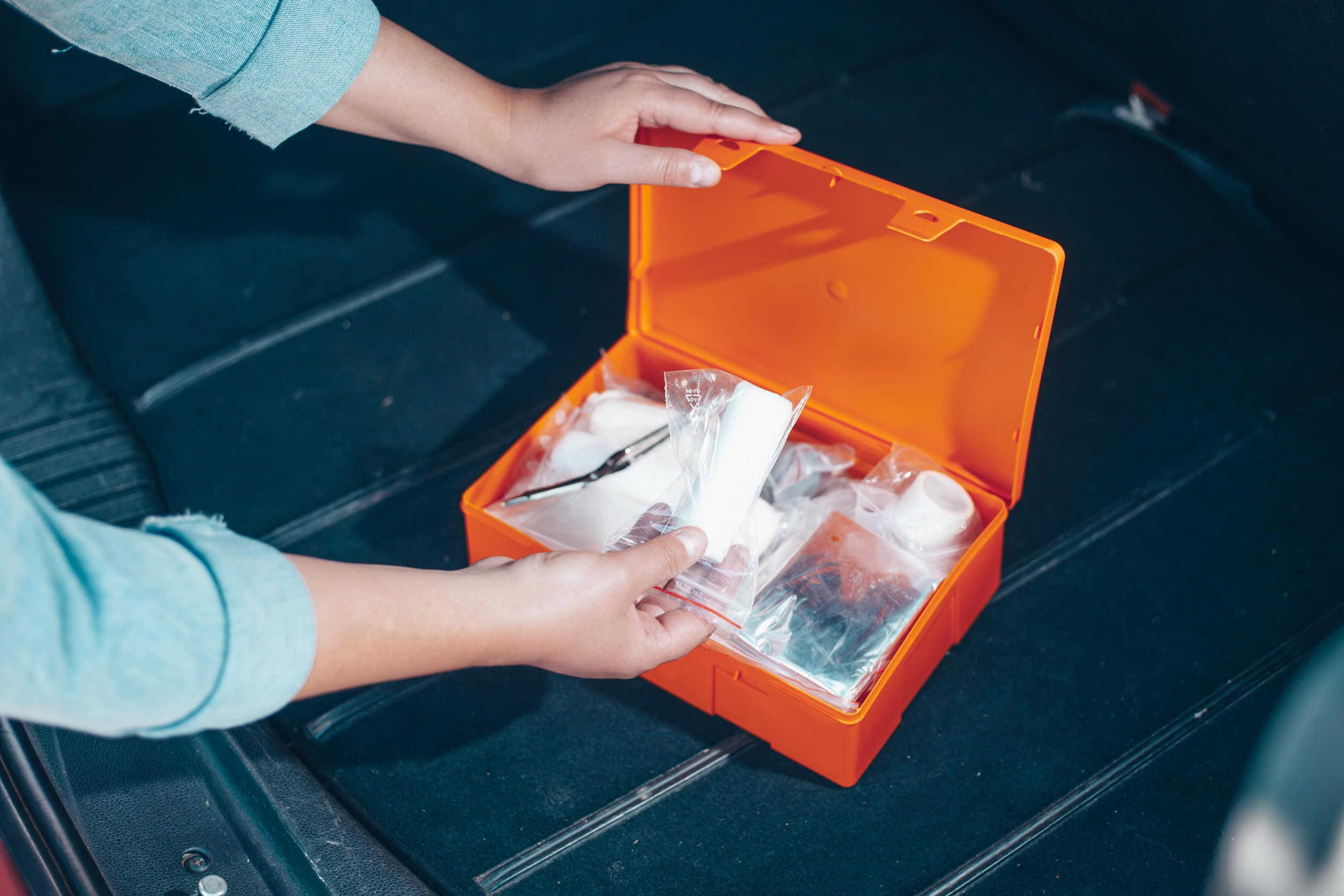 In Minnesota, drug crimes are taken very seriously. But the laws surrounding drug crimes are not as simple as you may think.
In Minnesota, drug crimes are taken very seriously. But the laws surrounding drug crimes are not as simple as you may think.
A good example of how complex drug crimes can be: The idea of “constructive drug possession.” This is virtually possession without actual possession. Police can reasonably assume that you are in possession of a drug even if it’s not on your person, so you may be charged with drug possession – and all the consequences that go along with it.
Here is what you need to know about constructive possession of drugs and what defenses may be available to you against these very serious drug charges.
What Is Constructive Drug Possession?
Under the law in Minnesota, there are two distinct types of drug possession. The first is the physical possession of the drug, meaning it is on your person at the time of your arrest. Often, those arrested will have the drugs in their pockets or hidden somewhere else on their body.
The second type of possession in the state is something called constructive possession. This type of possession occurs when the drugs are not physically on the person. Instead, they are someplace else – a place where it’s reasonable to assume that they belong to the perpetrator. For example, if drugs are found in your vehicle, then it’s considered constructive possession, because they constructively assume the drugs belong to you.
Penalties for Drug Possession
If you are looking at drug possession charges, even constructive drug possession charges, then you face some severe penalties in Minnesota. What you deal with depends on the degree you are charged, which depends on the amount and type of drugs found in your possession.
The penalties are:
First Degree
You can face up to 30 years behind bars for this degree of drug possession. You may also be made to pay as much as $1 million in fines.
Second Degree
This degree can send you to prison for up to 25 years and make you responsible for fines of as much as $500,000.
Third Degree
You can go to prison for 20 years for this degree of drug possession and pay fines of as much as $250,000.
Fourth Degree
A prison sentence of up to 15 years is the maximum for this degree, along with as much as $100,000 in fines.
Fifth Degree
Even for the least serious drug possession degree, you can go to prison for five years and pay fines of up to $10,000.
Defending Yourself Against Constructive Possession
You have the right to defend yourself in court against the drug possession charges. How to best defend yourself depends on the circumstances involved in your case. However, in general, an attorney will work to discredit certain factors that the prosecution has to prove in order for their case to be successful.
The primary factor is that you comprehended the presence of drugs in the location it was found – and that you had the ability to maintain control over those drugs. If those two points can have doubt cast upon them, then the prosecution’s case against you may fall apart. Your attorney will gather witnesses and make their own investigation of the scene, pouring over the case file from the police to look for discrepancies that can be used to your advantage.
About the Author:
Christopher Keyser is an AV-Preeminent rated criminal and DWI defense attorney based in Minneapolis who is known for fighting aggressively for his clients and utilizing innovative tactics to get the most positive results. He has been featured in numerous media outlets due to the breadth and depth of his knowledge and named a Certified Specialist in Criminal Law by the Minnesota Bar Association. Mr. Keyser is Lead Counsel rated, and he has received recognition for his criminal law work from Avvo, Expertise, Super Lawyers, The National Trial Lawyers, and more






